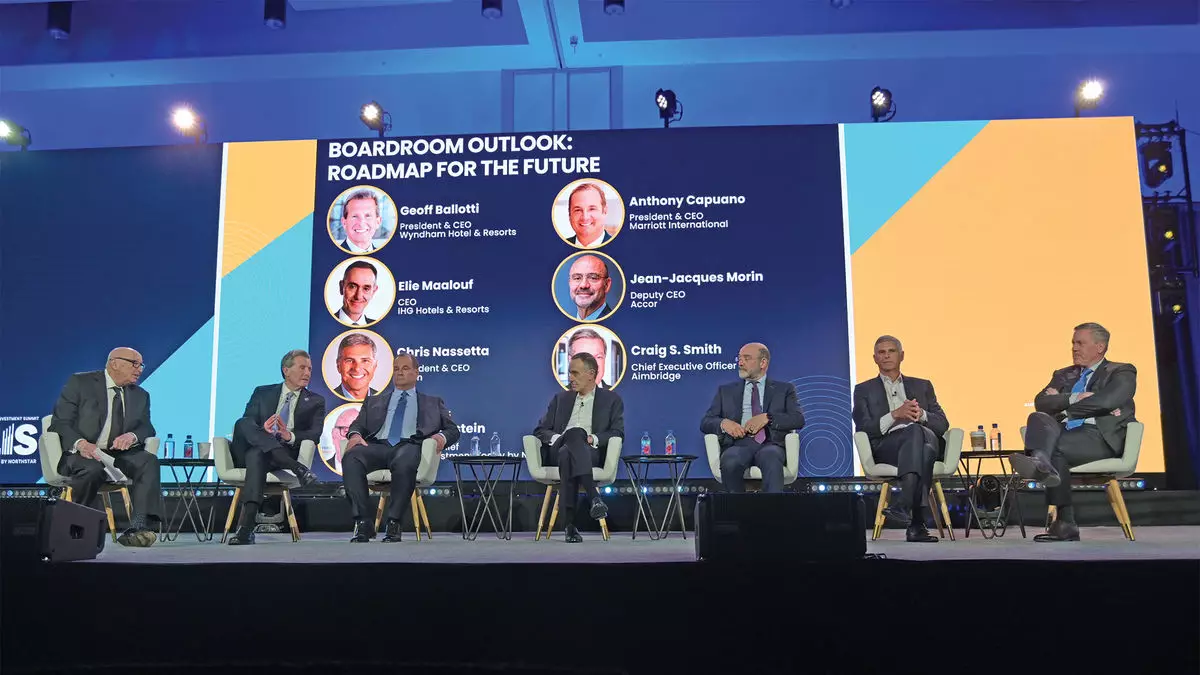In the wake of political changes, especially following significant national elections, businesses across various sectors are often compelled to reevaluate their strategies, especially concerning Diversity, Equity, and Inclusion (DEI) programs. The hospitality industry, long praised for its diversity in staff and clientele, is no exception. This examination dives into how recent political shifts influence DEI initiatives within major hospitality organizations, illuminating their dedication to fostering inclusivity amid a transforming landscape.
The impact of political changes is palpable within organizations that once seemed firmly committed to DEI. Take Southwest Airlines, for instance. After President Trump’s administration took office, the airline modified the title of its vice president of Diversity, Equity, and Inclusion to “vice president, corporate citizenship and chief inclusion officer,” which may suggest a shift in focus or a response to an evolving political narrative. Meanwhile, the United States Tour Operators Association (USTOA) made a public reaffirmation of its commitment to DEI despite a political climate that increasingly appeared hostile to federal DEI initiatives. This ambivalence indicates a delicate dance between maintaining corporate identity and aligning with government sentiment.
The conflict becomes particularly significant in industries like hospitality, which are intricately linked to public perception and customer bases. Unlike airlines, which operate under stringent federal regulations, many leisure travel companies rely on the goodwill of their consumers, making their public image paramount. The voluntary reaffirmation of DEI principles could provoke varying responses from stakeholders, including potential consumers who favor companies that align with their values. Amid these pressures, hospitality leaders have expressed their commitment through various actions and statements, but the underlying fear of public judgment looms large.
During the Americas Lodging Investment Summit, various hotel executives voiced their positions regarding DEI initiatives. For instance, Geoff Ballotti, CEO of Wyndham, underscored the importance of its BOLD program, which assists underrepresented groups in hotel ownership. His confidence in maintaining DEI programs was echoed across the panel, with Hilton and IHG leaders emphasizing that successful hospitality hinges on diverse teams. This sentiment is rooted in business strategy, aligning the need for a diverse workforce with the objective of catering to a varied customer base.
Yet, despite these affirmations, underlying uncertainties remain prevalent. Leaders like Mark Hoplamazian from Hyatt expressed concerns over the unpredictable nature of the current political climate, suggesting that broader implications for companies are still unfolding. The hesitancy to predict long-term strategies reveals a critical challenge in crafting sustainable DEI initiatives while grappling with external pressures.
As the discussion of DEI continues to intertwine with political discourse, industry leaders face an ongoing conundrum: how to stay true to internal principles while navigating an uncertain political arena. Caroline Beteta, CEO of Visit California, rightly advised industry stakeholders to steer clear of political narratives, yet this is nearly impossible as actions taken—or not taken—regarding DEI are closely monitored through a political lens.
This perception narrative poses a formidable obstacle not just for hospitality firms but also for businesses across sectors. DEI is no longer solely an internal initiative but rather a fixture on the public stage, often subject to the twists of the political winds. Stakeholders’ interpretations may profoundly influence how adaptive or resistant companies are to the evolving landscape.
In recognizing the potential pitfalls of aligning corporate strategies too closely with fluctuating political climates, many industry leaders advocate for an inward focus on core principles. This calls into question whether companies are best served by reacting to external pressures or by staying committed to their fundamental values. Aligning workforce diversity with the needs of a diverse consumer base not only makes sound business sense but also resonates on a societal level, aiming to provide opportunities for disadvantaged groups.
Given the tumultuous nature of the current political environment, the need for strong commitment to DEI initiatives has never been clearer. Industry leaders must reconcile external pressures with internal values, embedding DEI into corporate culture as an essential component rather than a reactionary measure. The ongoing commitment to fostering an inclusive environment not only aids in navigating present challenges but also lays the groundwork for a more equitable future within the hospitality industry. As these businesses steer through uncertain waters, the tenets of diversity, equity, and inclusion will undoubtedly serve as essential navigational instruments, shaping the industry’s trajectory for years to come.


Leave a Reply